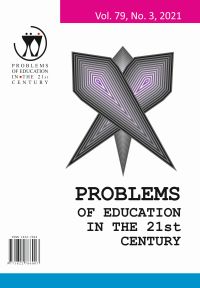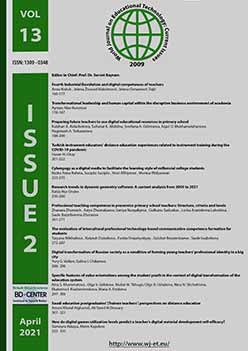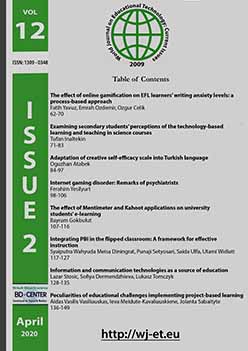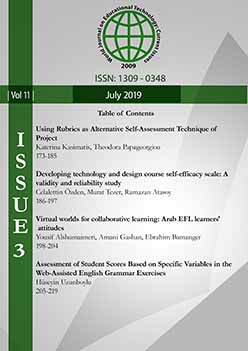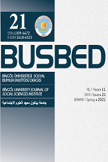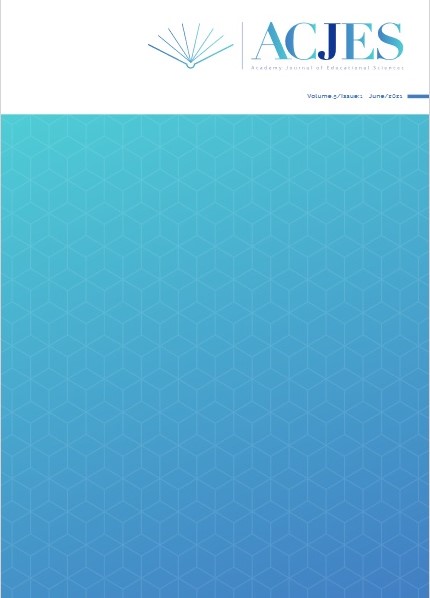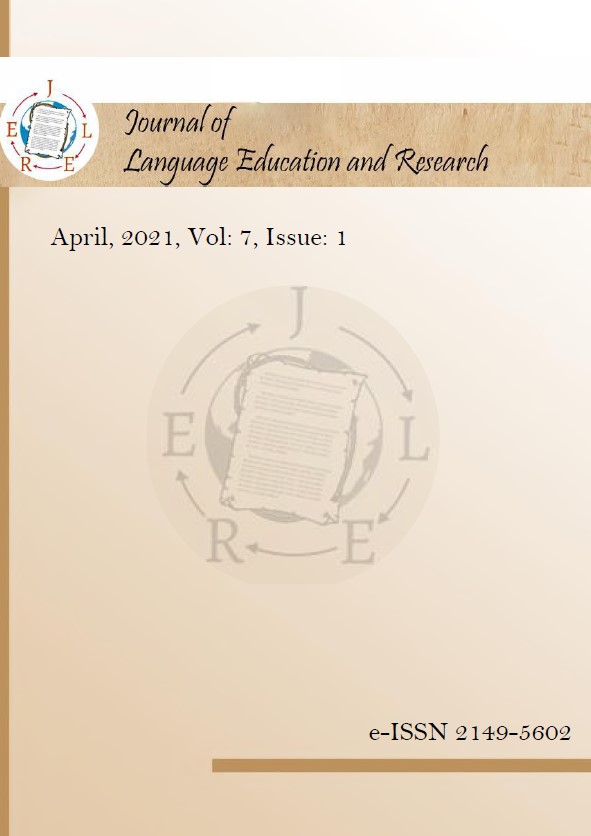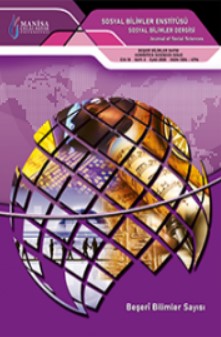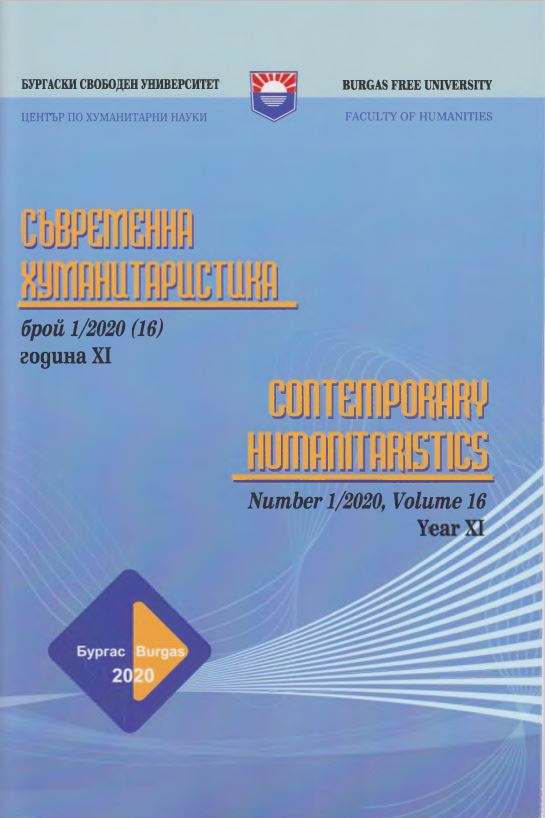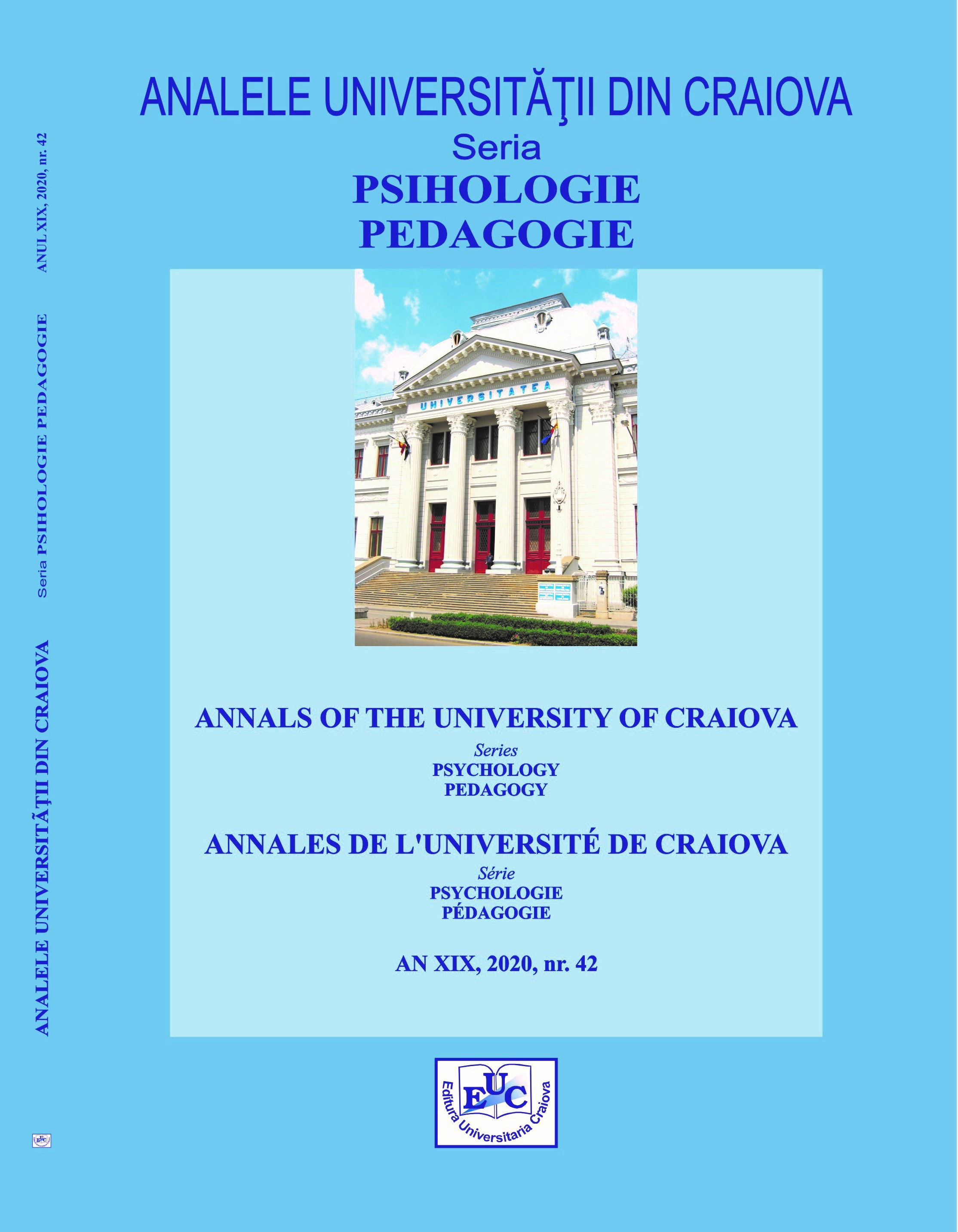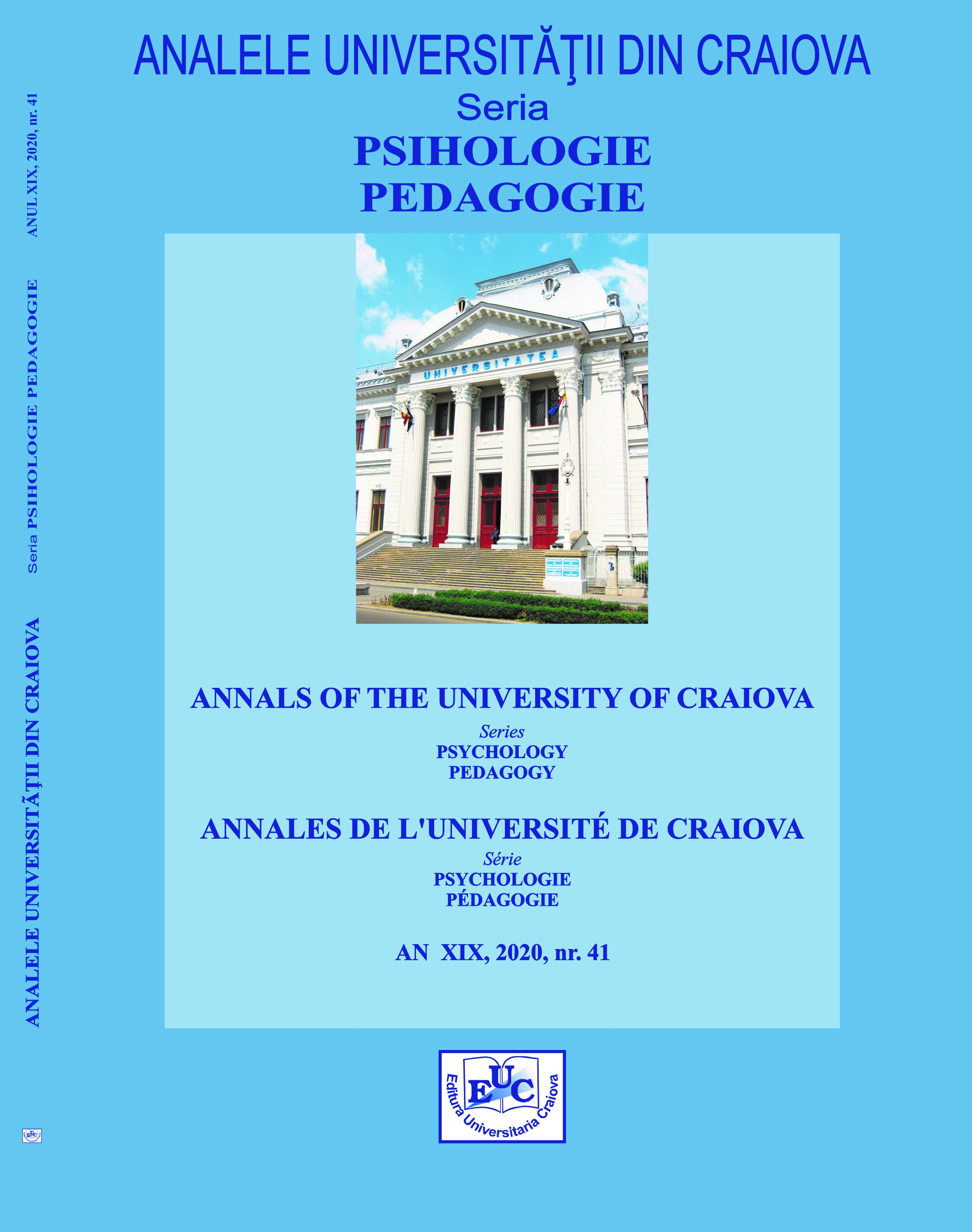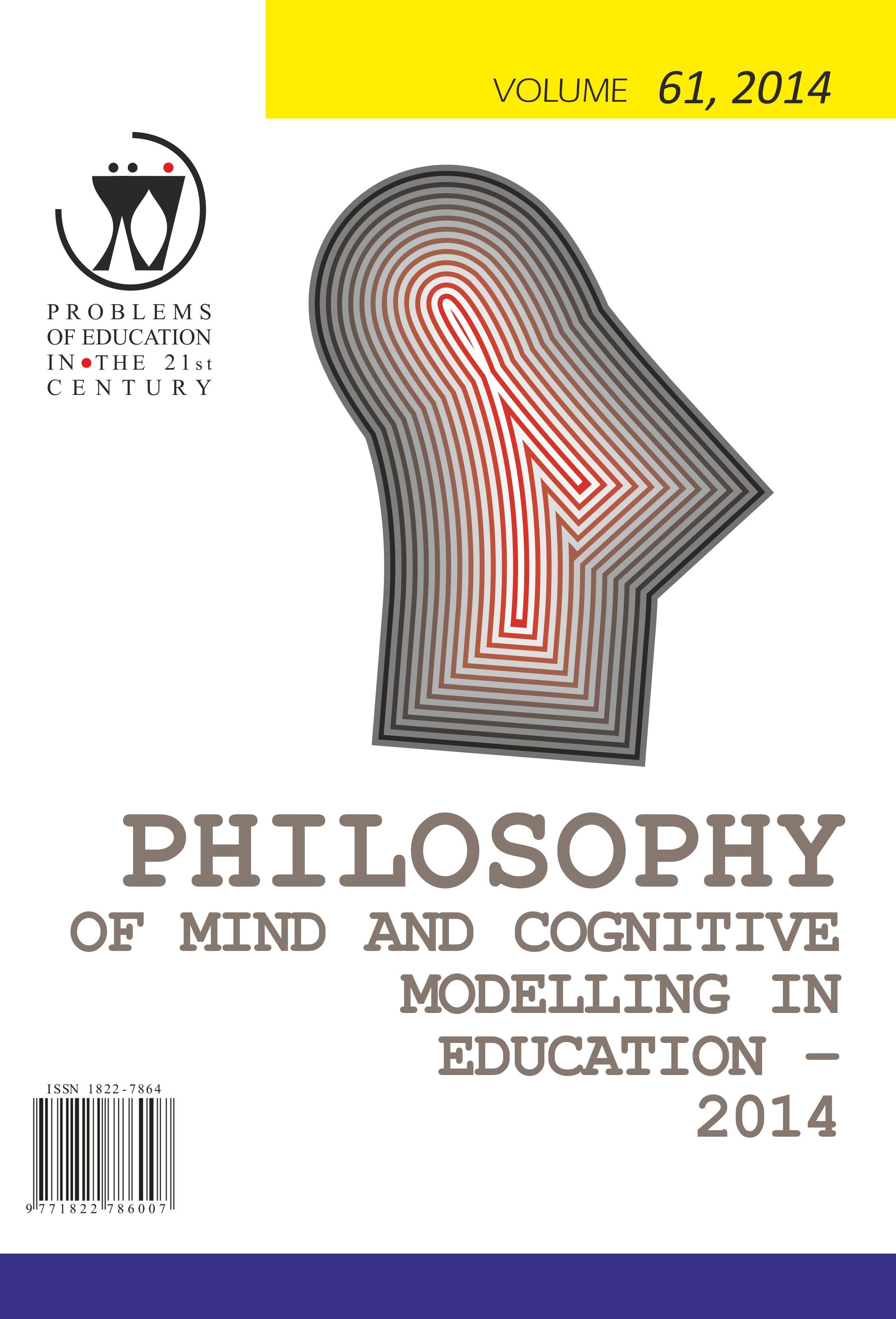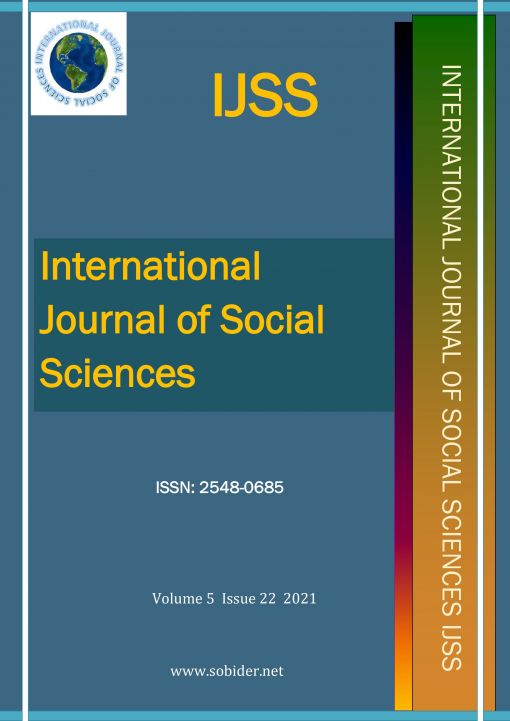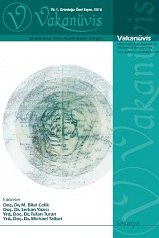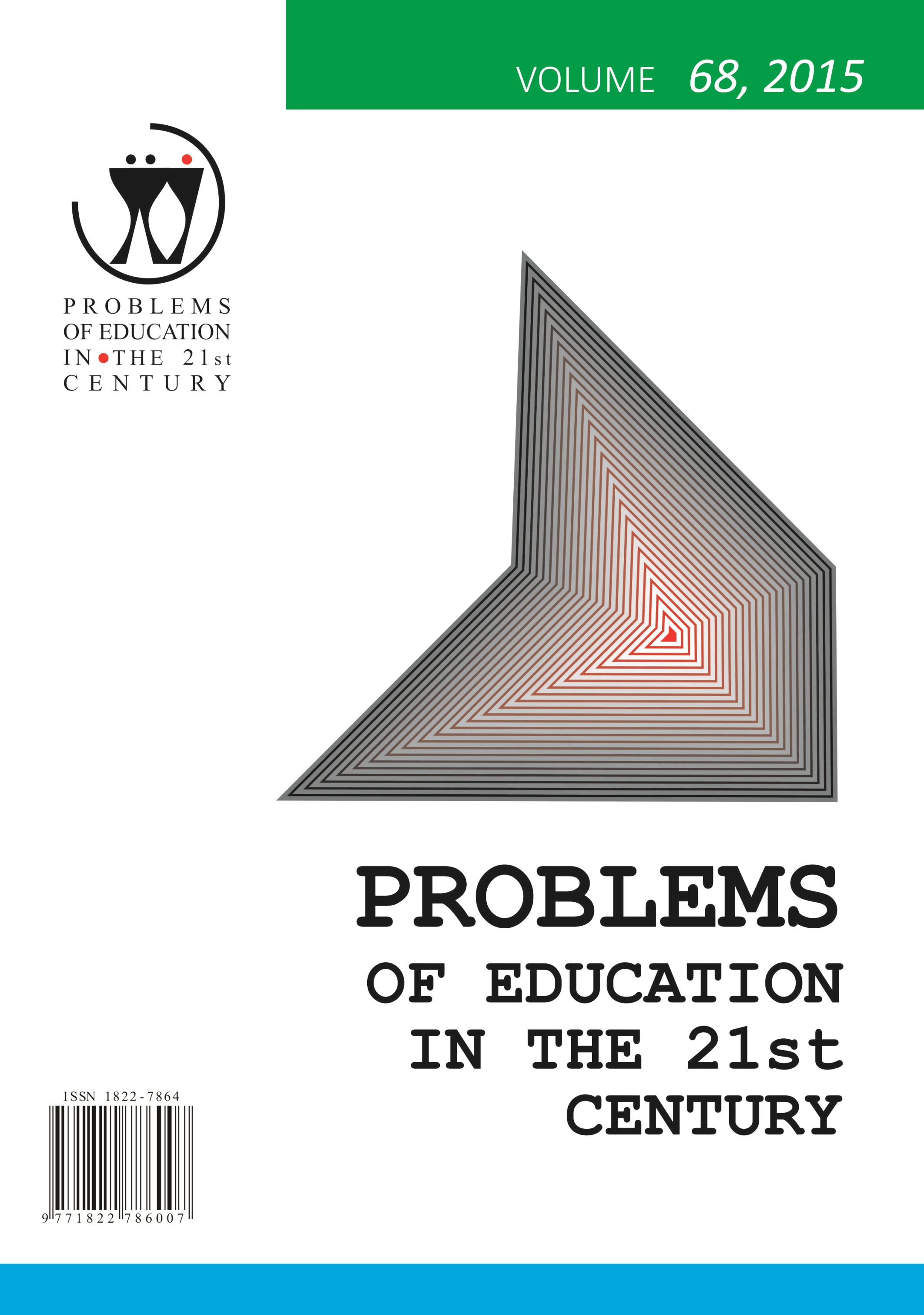
DESIGNING LEARNING OBJECTS FOR ITALIAN PUBLIC ADMINISTRATION: A CASE STUDY
This research aims at analyzing the effectiveness of SCORM-based e-learning material in introducing companies to innovative practices, specifically the use of Digital Signature and Certified Electronic emails. These two tools have recently become mandatory in the Italian Public Administration, thus forcing them to pursue innovation through dematerialization processes. This innovation involves millions of Italian citizens and companies that now have the opportunity to interact with public bodies in a more efficient and effective way. Nevertheless, neither the Public Administration nor most of the companies (especially Small and Medium-Sized Enterprises - SME) were ready for this radical change in the use of electronic communication. A significant training effort has been delivered to allow end-users to absorb the concepts, tools, methods and procedures that take advantage of citizen-to-government and business-to-government communication. Most of this effort relied on e-learning and virtual communities’ tools and services, providing support to citizens and organizations facing this new technical and organizational challenge. The authors present the successful experience in the design, creation and delivery of the distance learning materials designed for these purposes, together with the best practices and lessons learned.
More...
